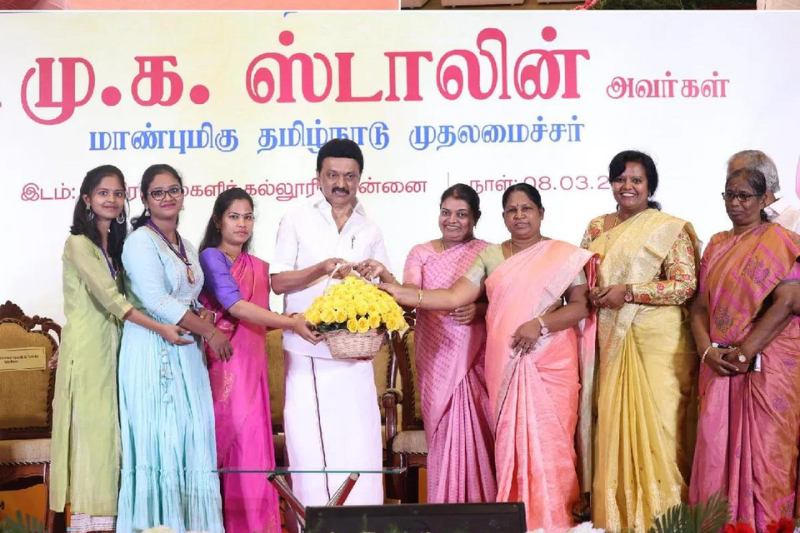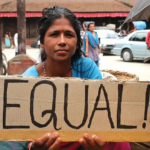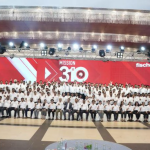
understanding kalaignar women’s rights grant scheme in tamil nadu, india
Tamil Nadu Chief Minister MK Stalin on Friday launched the state government’s latest social welfare initiative Kalaignar Women’s Rights Grant Scheme with millions of women waking up to find their bank accounts credited with Rs 1,000.
CM Stalin also distributed debit cards to the eligible beneficiaries of the scheme, under which Rs 1,000 will be offered every month. In addition to the support, the scheme even pays tribute to the legacy of former CM CN Annadurai, as the launch coincides with his birth anniversary.
State ministers rolled out the programme in their districts. In order to keep the women beneficiaries informed and updated about the promising scheme, the Government of Tamil Nadu earlier said they would seek help of SMS notifications.
Massive Scale Of TN’s Social Welfare Scheme
The financial assistance is being directly credited into the bank accounts of women meeting the eligible criteria, ensuring an efficient and streamlined distribution process. The beneficiaries can use the issued debit cards to withdraw the allocated amount as necessary.
For the program, a sum of Rs 7,000 crore was set aside in the state budget presented this year. It has become the highest-spending social welfare scheme for the Government of Tamil Nadu all thanks to the massive scale of its impact.
Keep Reading
According to the state government, 1.63 crore women applied for the program, with 1.06 crore later getting shortlisted after verification based on the eligibility criteria. Under the scheme, women and transgender individuals above 21 years of age are eligible.
How Inclusive Is Kalaignar Women’s Rights Grant Scheme?
Unmarried and widowed women who are the heads of their households can apply. Applicants’ annual income should be less than Rs 2.5 lakh, with land ownership (if any) to be less than 10 acres for dry land or five acres for wetland.
In addition, the annual domestic power consumption of the family should be less than 3,600 units. The eligibility criteria appear to have made the scheme particularly beneficial for economically vulnerable women across Tamil Nadu.
Although the program aims to be inclusive, certain categories of women were exempted, including employees of state and central governments and PSUs, bank employees, professional taxpayers, income taxpayers, pensioners and owners of four-wheelers.









